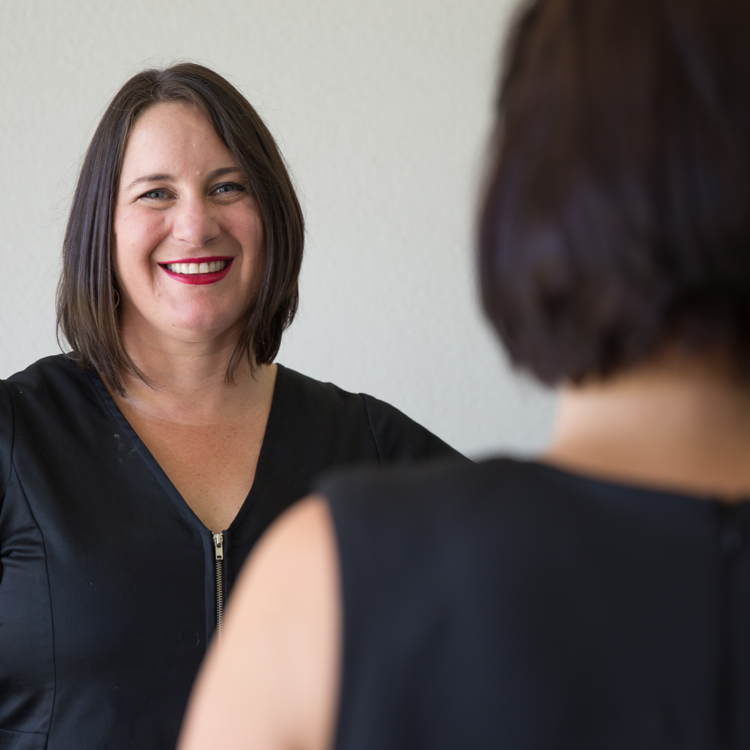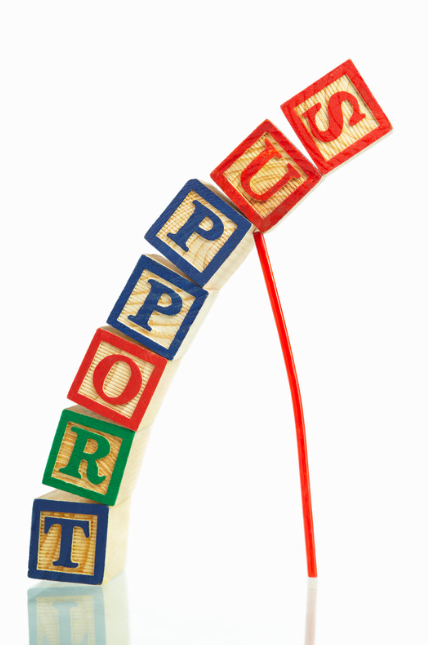NDIS Counselling
Specialising in person-centred holistic counselling with integrative therapies.

Your experiences are unique, and as a trauma informed counsellor I am here to provide personalised support. I use a range of therapies which I tailor to your needs and goals.
Integration and Healing
Through the process, you can explore and integrate fragmented aspects of your experiences, trauma, past.
Engaging in counselling can help in processing and making sense of the experience, leading to emotional healing and a greater sense of self-awareness and resilience.
If you already have a number of other therapeutic supports, counselling with compliment well.
Counselling for Emotional Recovery
Counselling offers a supportive and empowering space where we will develop a safe environment for you to speak (and be heard) with empathy and compassion, and without judgment or shame.
Together, we’ll create an atmosphere where you feel less overwhelmed and more in control.
Through our sessions, we’ll work on developing skills to navigate challenges, manage stress, and improve your mental well-being.
You’ll gain insight into your thoughts, emotions, and behaviours, empowering you to make positive changes.
Our goal is to support you in your journey towards personal growth and a happier, more fulfilling life.
Safety and Control
Counselling provides a safe space for you to explore your experiences at your own pace. It grants you a sense of control over your healing process, allowing you to navigate and delve into your experiences in a way that feels comfortable and secure.
Together we can work towards improving your quality of life, building your mental health and increasing your independence to meet your needs and goals.
A counsellor can support you in areas such as:
Anxiety and Depression: It’s common to feel anxious or down due to the challenges you face with your disability – strategies can be discussed to manage these feelings and support you in building resilience.
Trauma: If you’ve experienced any traumatic events related to your disability or otherwise, in a safe and supportive environment you can process and heal from these experiences.
Grief and Loss: Disability can bring significant losses, but your counsellor can help you navigate these feelings of grief and support you in adjusting to life changes.
Stress: Managing a disability can be stressful, but your counsellor can help you develop coping mechanisms to handle stress and uncertainty more effectively.
Relationship Issues: If you’re facing challenges in your relationships due to your disability, your counsellor can work with you to improve communication, resolve conflicts, and strengthen your connections with others.
Self-esteem and Identity: Your counsellor can support you in building a positive self-image and accepting your disability as part of your identity, helping you feel more confident and empowered.
Coping Skills: Whether it’s managing pain, improving mobility, or overcoming communication barriers, your counsellor can help you develop practical strategies to cope with the daily challenges you face.
Goal Setting and Motivation: Your counsellor can assist you in setting achievable goals related to your disability, rehabilitation, education, employment, or independent living, and provide support to help you stay motivated in pursuing them.
Social Skills: If you’re struggling with social interactions or communication, your counsellor can provide guidance and support to improve your social skills and build confidence in social situations.
Parenting Support: If you’re a parent of a child with a disability, your counsellor can offer support and guidance to help you navigate the emotional and practical challenges of parenting, including advocating for your child’s needs and accessing support services.
You are an active participant in the counselling process.
Benefits of working with a counsellor could be:
– emotional regulation
– understanding yourself
– a change in perspective
– setting and reaching personal goals
– understanding yours, and others’ triggers
– new ways of thinking about situations
– awareness of thoughts and feelings and their effect
– creating new actions or behaviors
and so much more.

Having a session with your counsellor can help you with capacity building strategies that can support your everyday living.
Frequently Asked Questions
How does Counselling fit in my NDIS Plan?
I can provide NDIS counselling services to you if you have:
Capacity building (improved daily living) services in your approved NDIS plan – Support item 5_043_0128_1_3.
I am a non-registered NDIS provider for Self & Plan Managed Participants and am registered with the Australian Counselling Association (Member No: 28699).
What are the costs for NDIS Counselling with you?
If the above support is included in your approved NDIS plan you should not be out of pocket for my NDIS counselling services.
We apply pricing in line with the NDIS price guide.
Where are you based?
I am based in Dubbo NSW, however, I work online via Zoom or telehealth
What happens when I see an NDIS Counsellor?
You’ll receive email confirmation with the time and date of your online appointment. In that email will be a link that will connect to our video call.
During yuur first session the emphasis will be ensuring your comfort and our getting to know each other and understanding your specific needs. Collaboratively, we’ll address mental obstacles, identify challenges, and establish goals.
As you progress through sessions, you’ll develop a personalised toolkit aimed at regaining control over your life and shaping it according to your aspirations. Some people need only a few sessions while others need ongoing support.
How long are sessions?
Sessions last for approximately 50 minutes.
What if I need to reschedule or cancel?
Things pop up, all I ask is that you give me 24 hours notice. You’ll be able to do this through my booking system.
Book your complimentary clarity call to determine if my services align with your needs.
NDIS counselling is available to adult self & plan managed participants with funding under
Capacity Building (Improved Daily Living). Sessions are held online via Zoom or Telehealth.
